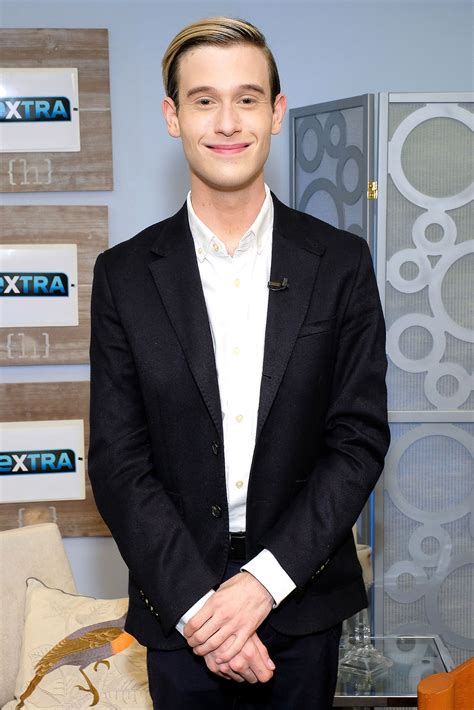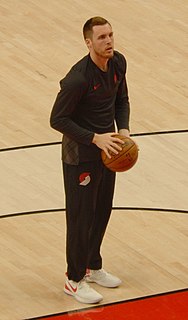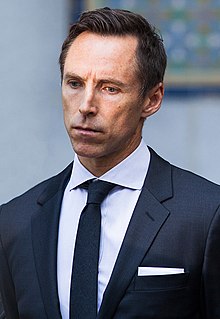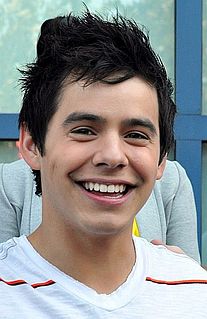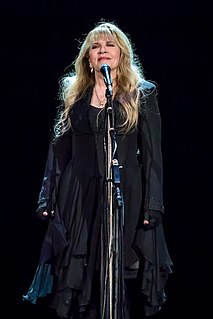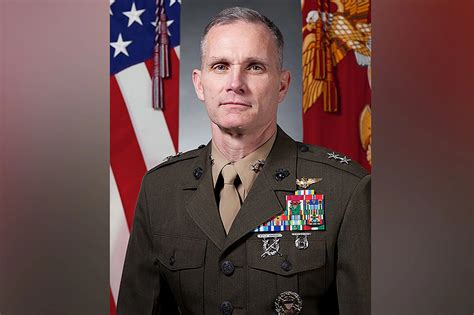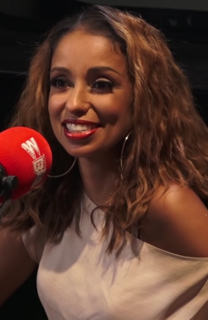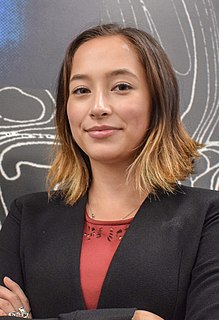A Quote by Mathew Knowles
I think the parenting of Tina and myself combined allowed our kids to really find their passion at an early age.
Related Quotes
I want my kids to have passion for life, to really have a passion for life. I think when you have a passion for something, you can overcome obstacles, if you float through life without having anything to hold on to or get you fired up emotionally and to focus on, I think it's really hard to overcome things.
A large part of parenting is about managing weariness and motivation. Much of the success of parenting is about avoiding the sins of "omission" as well as "commission." You can feed, clothe, and house your kids and not really parent them. When we raise kids for selfish reasons (to feel proud, to have people love us and appreciate us), if they disappoint us we'll pull back. But when we realize that God has called us to raise godly children and God is always worthy to be obeyed, we have a motivation that goes beyond our own pride and our own comfort.
I am not a historian, but I find myself being more and more fascinated by history and now I find myself reading more and more about history. I am very interested in Napoleon, at the present: I'm very interested in battles, in wars, in Gallipoli, the First World War and so on, and I think that as I age I am becoming more and more historical. I certainly wasn't at all in my early twenties.



